Clearing Black Book‘s campaign should be worth some kind of academic credit. It’s so uniquely steeped in Russian mythology that it automatically generates its own CliffsNotes and encyclopedia for you as you play.
It’s hard to pin Black Book‘s exact genre down. It’s a digital card game with RPG elements, but it also has an exploration/conversation element that mixes in a little bit of classic ’90s adventure game. If you would’ve liked Slay the Spire or Roguebook more with a 20-hour narrative mode attached, Black Book is your particular jam.
Black Book Review: Witching Hour
Black Book is a creepy walking tour through the 19th-century Russian countryside at night, where you’re constantly perched on a razor’s edge between being a full-on villain protagonist or a vaguely contrite anti-hero.
What I appreciate, though, is that this isn’t anywhere near the typical Western fantasy environment. With new releases like this and Cris Tales, we’re finally starting to see more video games that go further outside the typical Tolkien-by-way-of-Gygax pastiche.
It’s a lot to take in. Black Book has that issue you run into with some urban fantasy and weirder RPGs, where it’s generating its own terminology so fast that it’s easy to get lost in the shuffle. Even though that “terminology” is just keeping various Russian words intact, like “koldun” (witch) and “zagovor” (spell, prayer), I had to take notes as I played.
To Hell and Back
Vasilisa is an orphaned girl who has the potential to become a witch. She planned to ignore that and get married, but then her fiance suddenly turned up dead.
To get him back, Vasilisa goes back to her old mentor Egor and takes up his role as a koldun, a practitioner of witchcraft and demonology, as well as his Black Book. The Book in question contains many spells and is marked with seven seals, the first of which is already broken. If Vasilisa can figure out a way to break the other six, she can wish for whatever she wants, including the resurrection of her fiance, or so the old story goes.
While she searches for the information she needs, Vasilisa serves as the new witch and “knower” for the local peasants, where she chases off demons, fights ghosts, and deals with the occasional curse. Her primary quest is always in the background, but much of Black Book is what happens to her while she’s making other plans.
Upstairs, Downstairs
In general, being a witch in 19th-century Russia isn’t a heroic job. Vasilisa gradually accumulates a stat called Sins that reflects her morality, which is increased whenever she commits a crime or consorts with evil spirits. It decreases whenever she does something kind.
However, Vasilisa also has a bunch of demons under her command who have to be given something to do at all times, or they’ll torment her instead, which inflicts significant mechanical penalties. That means you have to set them out to do petty acts against the countryside, each of which gives you cash on completion but also earns you some startlingly high number of Sins.
It’s not so much a balancing act on a karma meter as it’s a question of how evil you want Vasilisa to be. She’s not getting out of this clean however you play it, but you can invest in ways to minimize the damage. That means you’ll make less currency and have fewer skill points to spend on valuable combat capabilities.
It’s an interesting approach to the typical video game morality scale, which too often splits between sainthood and petty dickishness. Vasilisa is always on a dark path regardless of how you choose to play — the scene at the start of the game where she gets her powers involves a short trip to Hell, where she’s greeted like a promising new talent — but you can try not to lean into that.
A Little Bit of Everything
The combat in Black Book takes the form of a card game, played by taking pages out of the titular book. You’re limited by how many cards you can play in a turn, rather than a finite pool of some resource, but the game draws a distinction between normal and “key” cards that can occasionally limit your options.
It’s easy enough to start, but the further you get into the Book, the more options you unlock, generally in the form of additional modifiers for spells. I still don’t feel like I have a really good handle on how the various systems actually work, but Black Book‘s has a forgiving learning curve… for the most part.
There are a couple of boss fights that represent a sudden and unfortunate difficulty spike, one of which nearly made me start the game over. (Fortunately, the game keeps an autosave for you right at the start of each new level, which meant I could go back and form a new plan with minimal difficulty.)
You can also customize your loadout from the main menu at almost any time. You do have to pay to get cards back out of the Book, but just getting rid of them is free, which helps to keep your deck streamlined. That, in turn, means you’re almost always hurting for cash, which is a peculiar incentive to keep your pet demons harassing the countryside for you.
The rest of Black Book is a peculiar sort of investigation game, where you can search for clues and unlock encyclopedia pages to figure out the various mysteries that Vasilisa encounters. This can range from a weird whodunit in a salt mine to figuring out what type of demon has possessed a villager, and it’s pretty good about not just feeding the clues to you.
When you manage to figure out the right answer to something from context or research, it’s a satisfying win, making one of the better detective-work games I’ve played lately is… the 19th-century Russian witch simulator. Huh.
Black Book Review — The Bottom Line
Pros:
- Accessible if complex take on digital card games
- Not just another Tolkien/Gygax fantasy adventure
- Morality system that forces you to make hard choices almost constantly
- Solid if quirky translation that tells a peculiar story
Cons
- Consequences are often counterintuitive
- Challenge level can spike without warning
- Some difficult-to-grasp systems
- A few crashes to desktop
Black Book‘s all over the map in terms of genre, and it’s made no effort to simplify its translation for non-Russian audiences. It’s uniquely bleak, and it’s got more than a couple of brick-wall fights that force you to rework your deck with sharply limited resources.
It’s hard for me to put a precise score on that kind of thing. I’d be happy to recommend it to anyone with a card-game addiction, it’s got a few things going for it as far as being an RPG, and if you’re interested in learning about Russian mythology, Black Book is practically an educational tool.
However, it’s also janky, inconsistent, and not great about explaining its systems. I wouldn’t say that it’s exactly unpolished — I get the feeling that Black Book is exactly what it was intended to be — but it feels like the sort of game that, back in the day, would’ve shipped with an inch-thick manual, which you don’t have.
Call it a high 7, low 8, and don’t be afraid to give it a try. It is, at least, unusual, and that’s worth something all by itself.
[Note: HypeTrain Digital provided the copy of Black Book used for this review.]

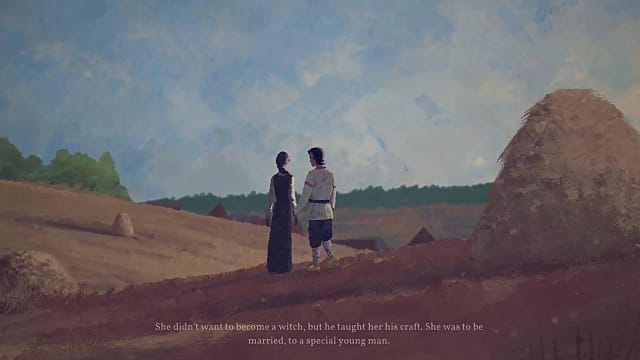
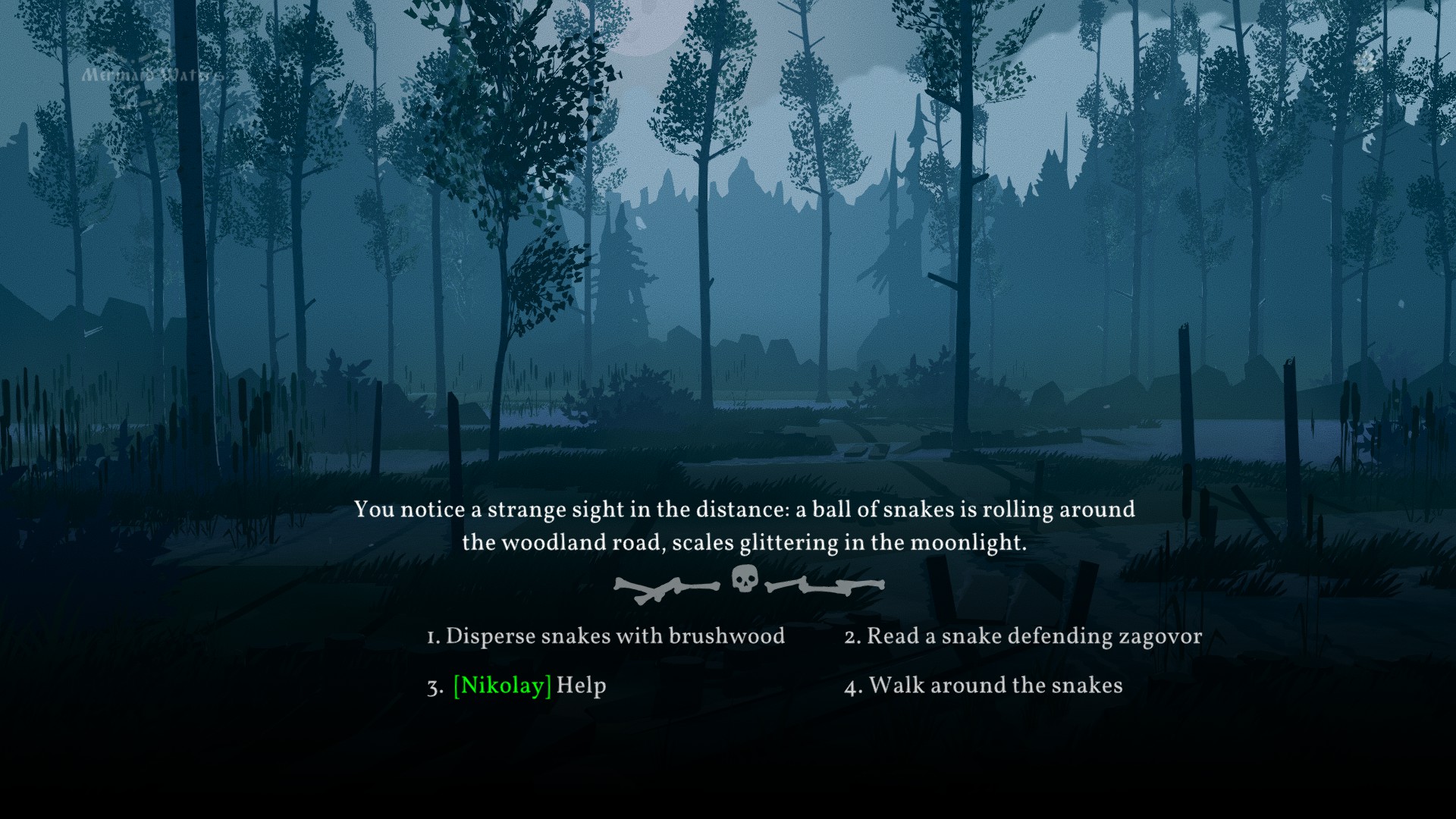
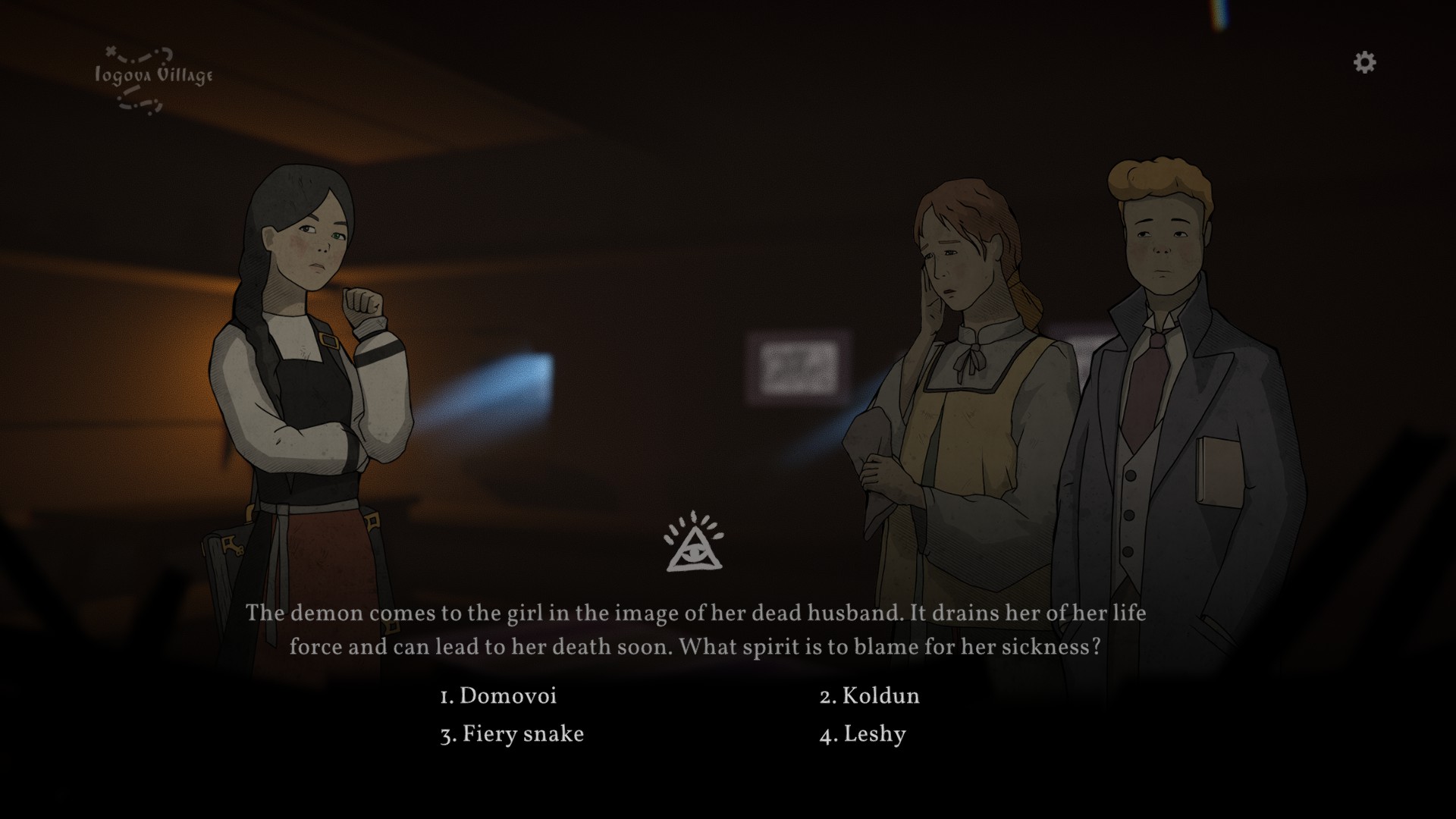
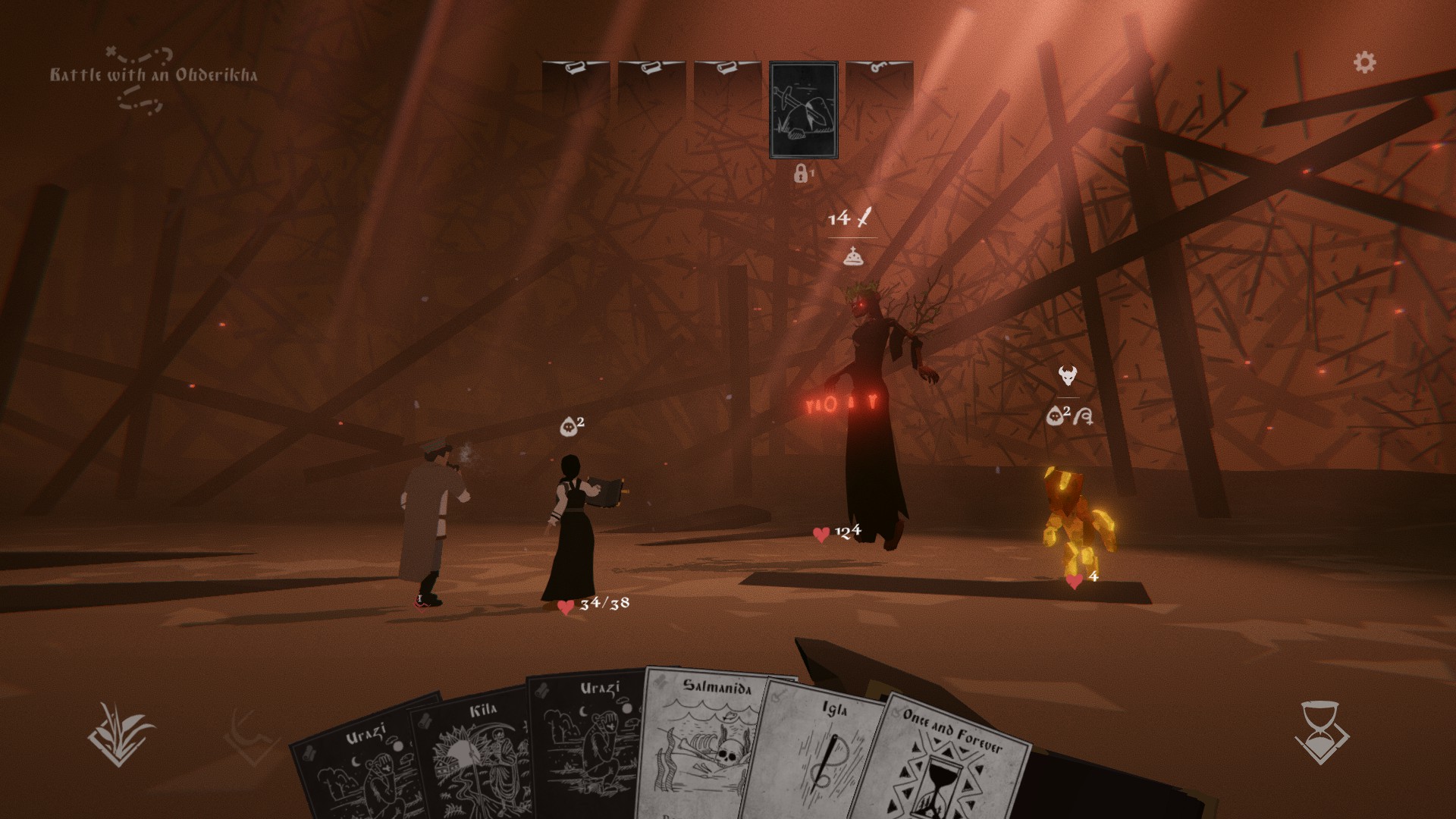
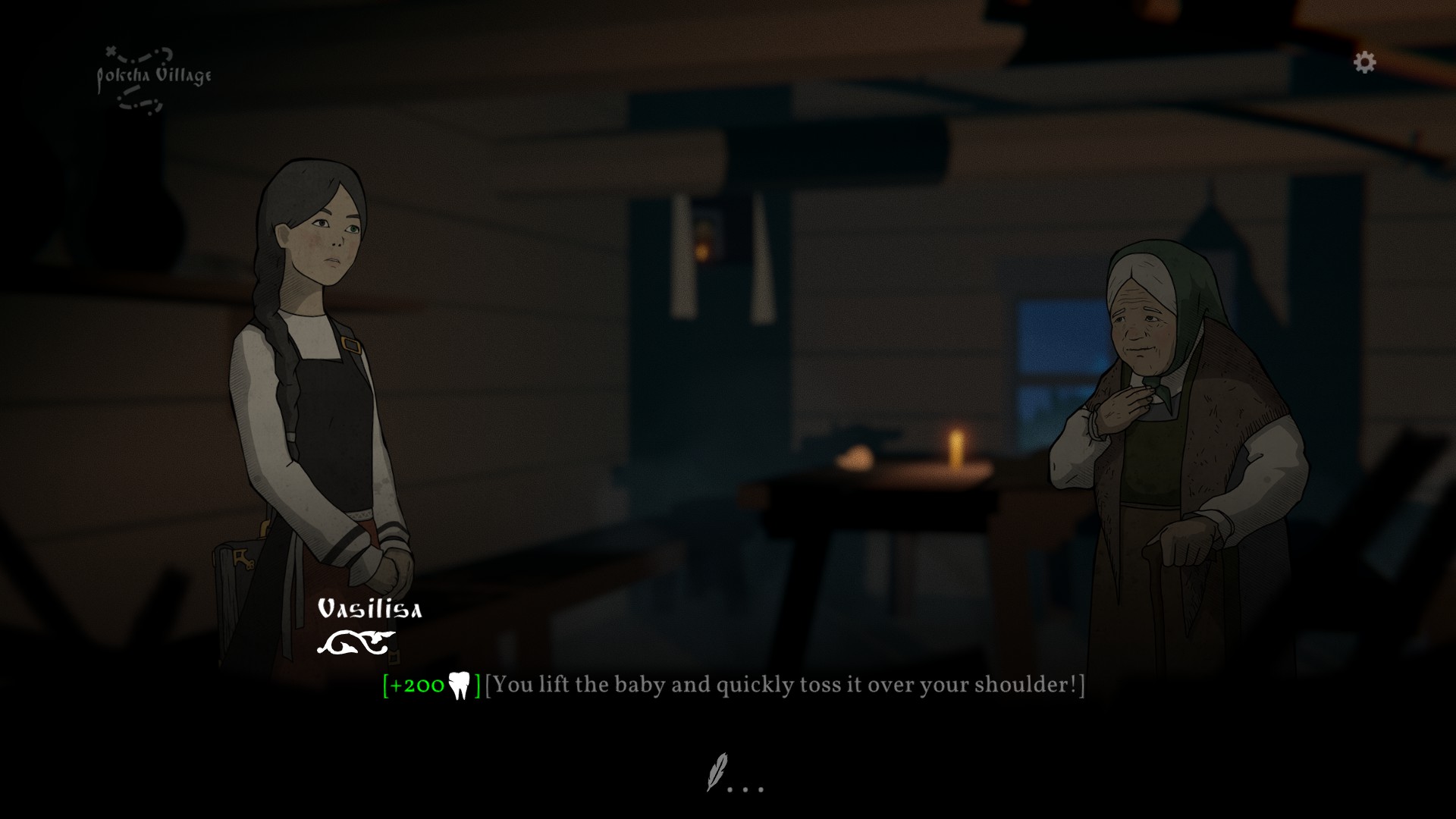





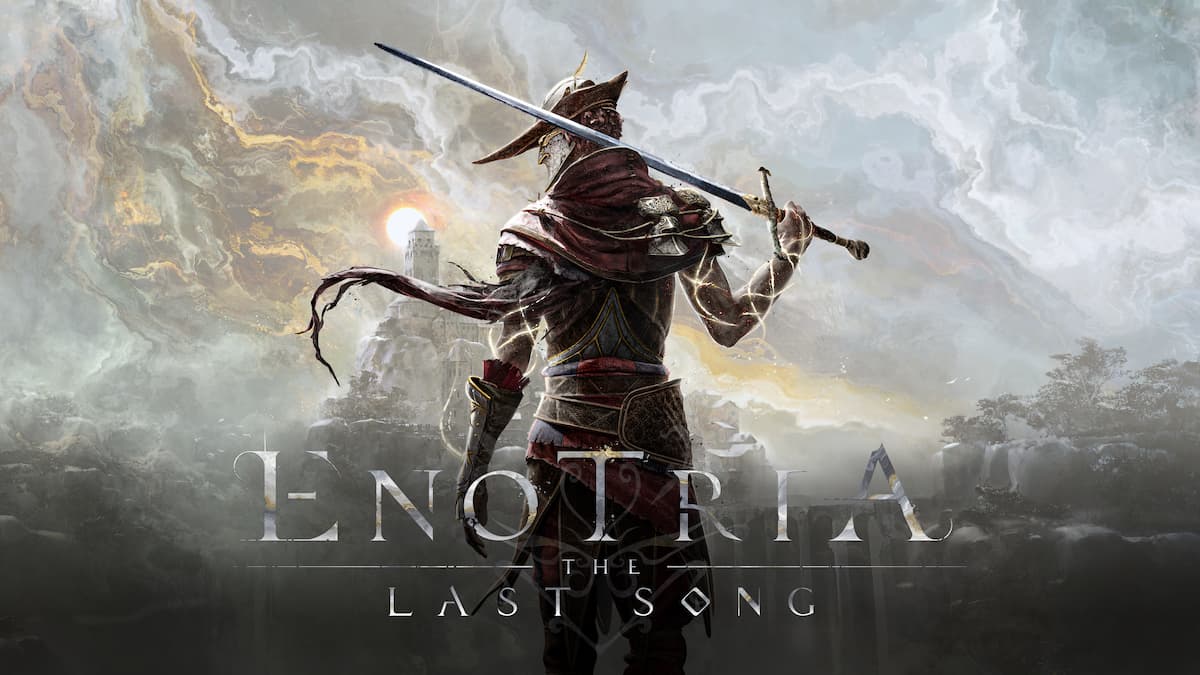
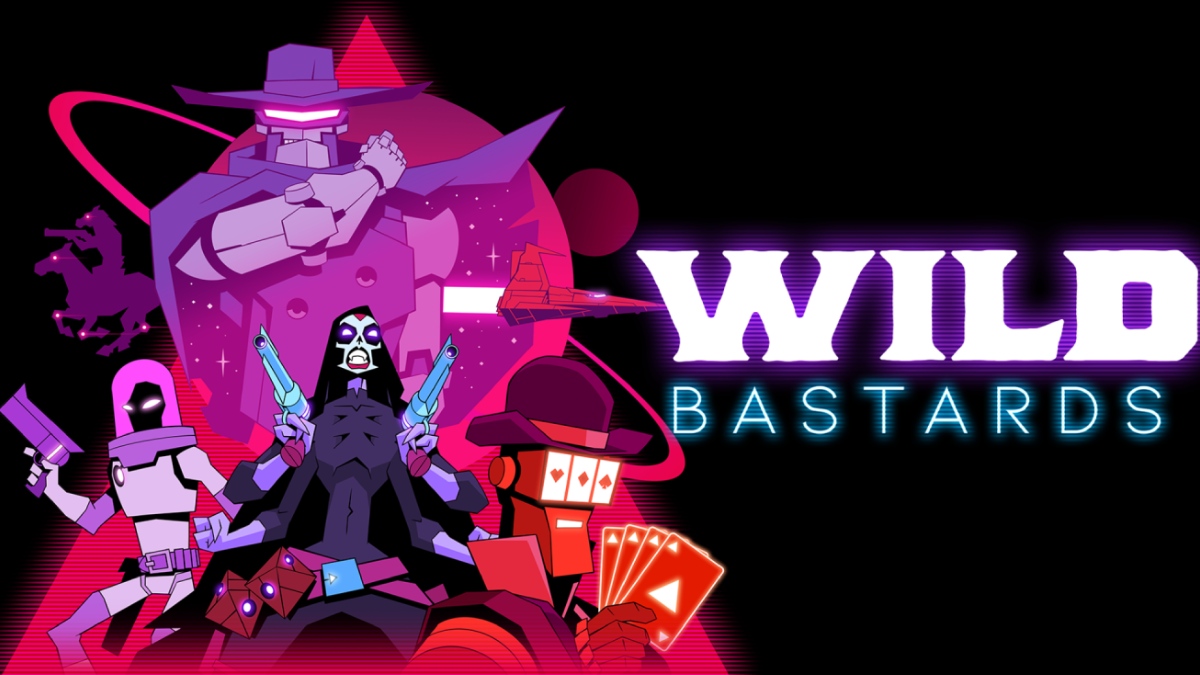

Published: Aug 4, 2021 02:09 am